It’ll be like that movie Passengers, but less creepy. #til
Get the latest international news and world events from around the world.

Foxconn looks to AI after maker of Apple and Amazon products celebrates 30 years in China
That growth in factory worker salaries has been a double-edged sword for China. On one hand, it has increased the purchasing power of Chinese which in turn has powered consumer-led economic growth, but on the other it has made China less competitive on wages and forced companies like Foxconn to introduce more automation.
With 1 million employees and half a dozen factories contributing 4 per cent of the country’s export value, Foxconn’s expansion symbolises China’s role as tech manufacturing powerhouse.
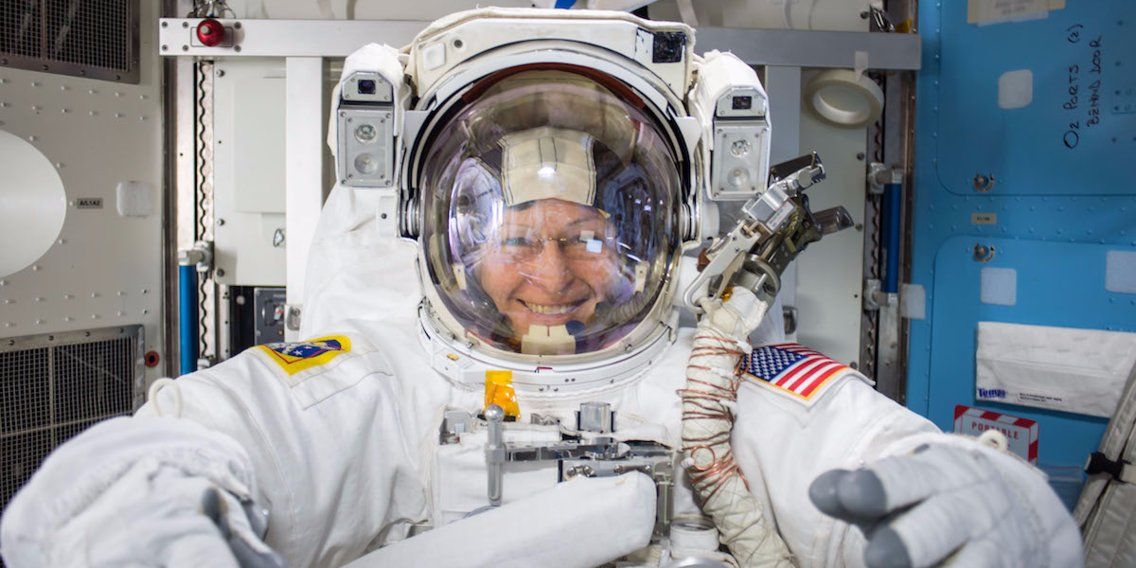
The incredible career of NASA’s Peggy Whitson, who applied to become an astronaut 10 times before she broke the American record for space travel
She retired from NASA on Friday after blazing a trail for countless female astronauts.
NASA astronaut Peggy Whitson, the 58-year-old from Iowa farm country who spent a record-breaking 665 days in space, retired from the space agency on Friday.
“I have hit my radiation limit,” Whitson told Business Insider during a recent interview. “So not going into space with NASA anymore.”
That realization is both melancholic and exciting for the biochemist, who only half-jokingly admits she’s still not sure what she’s going to do “when I grow up.”
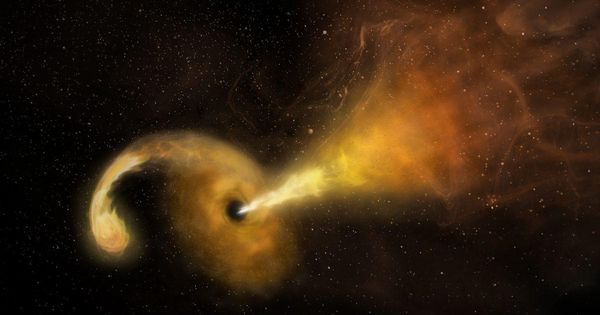

Probiotics may help boost mood and cognitive function
Probiotics can do more than improve your gut health. They also may indirectly enhance your brain, too.
Research shows that the gut and brain are connected, a partnership called the gut-brain axis. The two are linked through biochemical signaling between the nervous system in the digestive tract, called the enteric nervous system, and the central nervous system, which includes the brain. The primary information connection between the brain and gut is the vagus nerve, the longest nerve in the body.
The gut has been called a “second brain” because it produces many of the same neurotransmitters as the brain does, like serotonin, dopamine, and gamma-aminobutyric acid, all of which play a key role in regulating mood. In fact, it is estimated that 90% of serotonin is made in the digestive tract.
Howard Roark, John Galt, and The Transhumanist Wager
Here’s a full chapter out exploring my novel The Transhumanist Wager as part of a new book out called Ayn Rand and the Posthuman: http://link-springer-com-443.webvpn.jxutcm.edu.cn/…/978–3-3… #transhumanism
In his novel The Transhumanist Wager, Zoltan Istvan recreates certain elements of Ayn Rand’s work, in order to advance an argument for transhumanism. Istvan sees the transhuman…

Here’s who’s going to win the World Cup, according to A.I.
Robots aren’t playing professional soccer just yet, but they can certainly help predict it! With the FIFA World Cup kicking off, San Francisco-based tech firm Unanimous A.I. has used its considerable artificial intelligence expertise to predict the outcome of the 32-team men’s soccer tournament. Given that the startup has previously predicted the Super Bowl results successfully right down to the exact final score, we totally think this is worth taking seriously.
“These predictions were generated using swarm A.I. technology,” Louis Rosenberg, founder and CEO of Unanimous A.I., told Digital Trends. “This means it uses a unique combination of human insights and artificial intelligence algorithms, resulting in a system that is smarter than the humans or the machines could be on their own. It works by connecting a group of people over the internet using A.I. algorithms, enabling them to think together as a system, and converge upon predictions that are the optimized combination of their individual knowledge, wisdom, instincts, and intuitions.”
The technology is modeled on the remarkable abilities of swarms in nature, such as swarms of bees, schools of fish, or flocks of birds. These natural swarms combine the insights of large groups in optimized ways. Unanimous’ swarms utilize this same principle to answer complex questions — such as giving precise probability-based outcomes on each game in the World Cup.
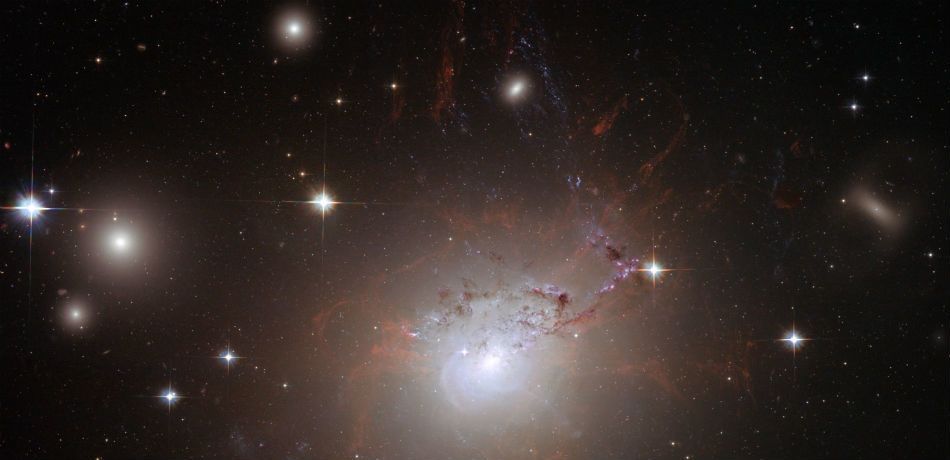
A New Study Details Everything That Would Be Needed For An Interstellar Journey To Proxima Centauri
Scientists have determined the minimum amount of crew members needed for a 6,300-year journey to Proxima b.
A team of French scientists have recently published a new study detailing everything that would be needed if humans were to one day make the long interstellar journey to Proxima Centauri to start a new life and civilization. The research went to great lengths to determine the correct amount of people that would ensure a successful voyage to Proxima b.
The study was conducted by particle physicist Dr. Camille Beluffi and Dr. Frederic Marin from the Astronomical Observatory of Strasbourg and marks the second study conducted on such an interstellar journey to Proxima b, as ScienceAlert reported.
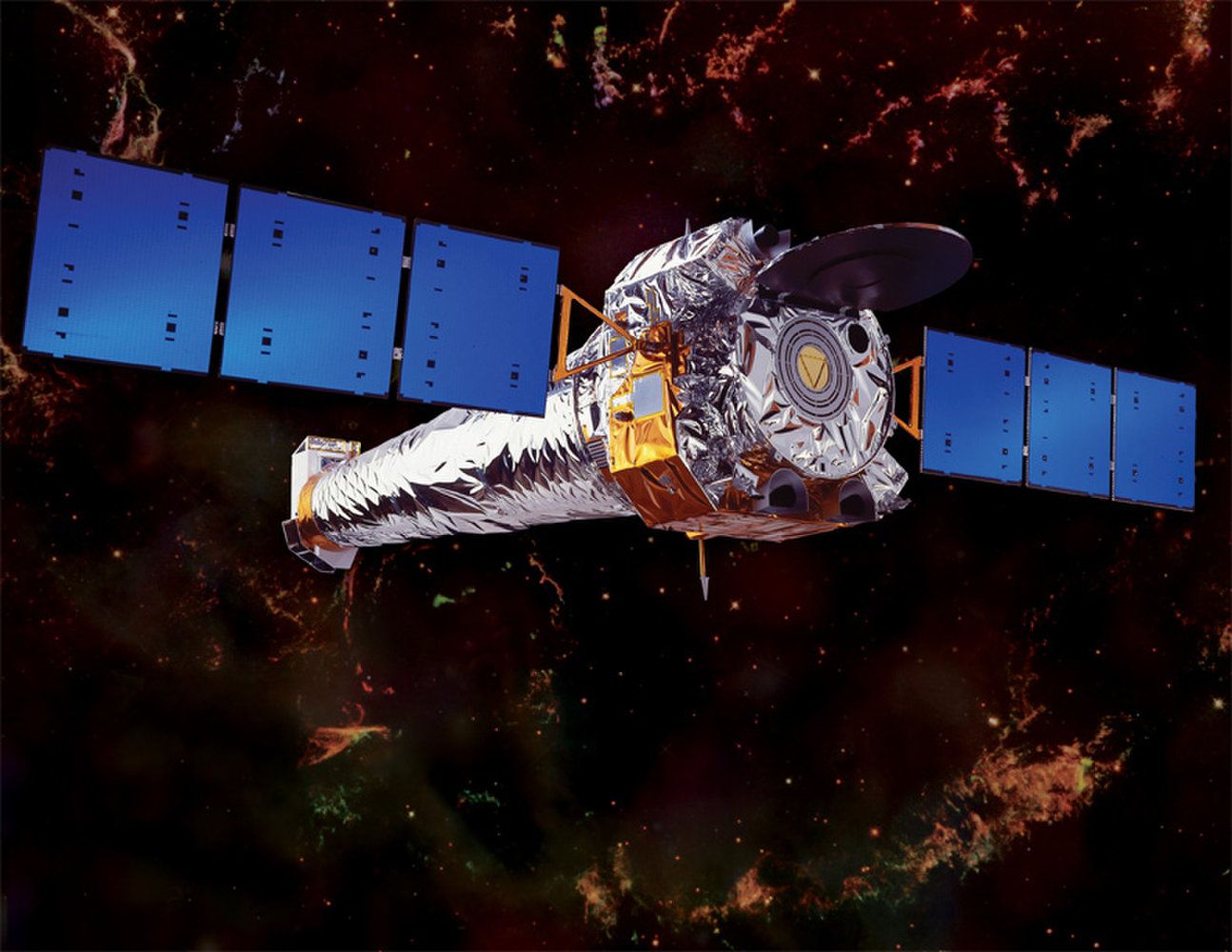
Chandra Space Telescope: Revealing the Invisible Universe
The Chandra X-Ray Observatory is a NASA telescope that looks at black holes, quasars, supernovas, and the like – all sources of high energy in the universe. It shows a side of the cosmos that is invisible to the human eye.
After more than a decade in service, the observatory has helped scientists glimpse the universe in action. It has watched galaxies collide, observed a black hole with cosmic hurricane winds, and glimpsed a supernova turning itself inside out after an explosion.
The telescope – billed as one of NASA’s Great Observatories along with the Hubble Space Telescope, Spitzer Space Telescope and the Compton Gamma Ray Observatory – has been a public relations tool for the agency, as well. Its pictures are frequently used by NASA in press releases.
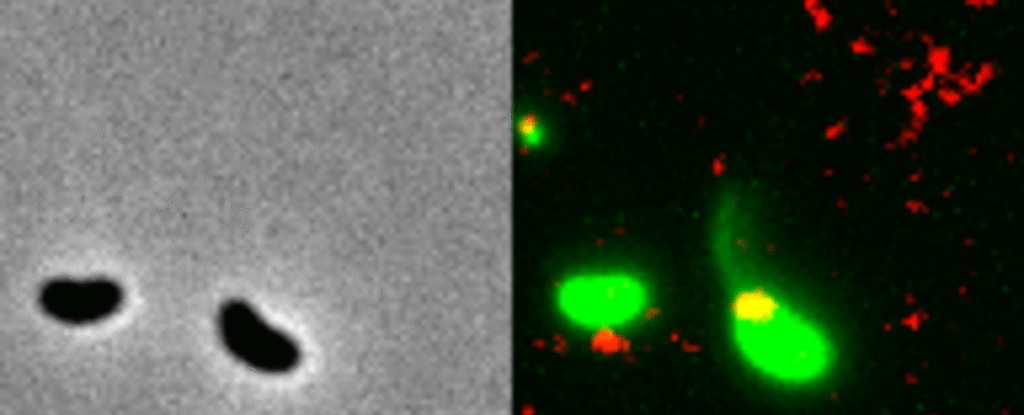
For The First Time, Scientists Have Caught Bacteria “Fishing” For DNA From Their Dead Friends
“Horizontal gene transfer is an important way that antibiotic resistance moves between bacterial species, but the process has never been observed before, since the structures involved are so incredibly small,” said biologist Ankur Dalia of Indiana University Bloomington.
Bacteria are slippery little suckers. They evolve rapidly, developing resistance to antibiotics and therefore becoming increasingly difficult to deal with. Now, for the first time, researchers have caught on film one of the mechanisms the microbes use for this speedy evolution.
Two Vibrio cholerae bacteria — the pathogen responsible for cholera — sit under a microscope, glowing a vivid green. As we watch, a tendril snakes forth from one of the bacterium, harpooning a piece of DNA and carrying it back to its body.
That appendage is called a pili, and the process whereby the bacteria incorporates the new genetic material from a different organism into its own DNA to expedite its evolution is called horizontal gene transfer.